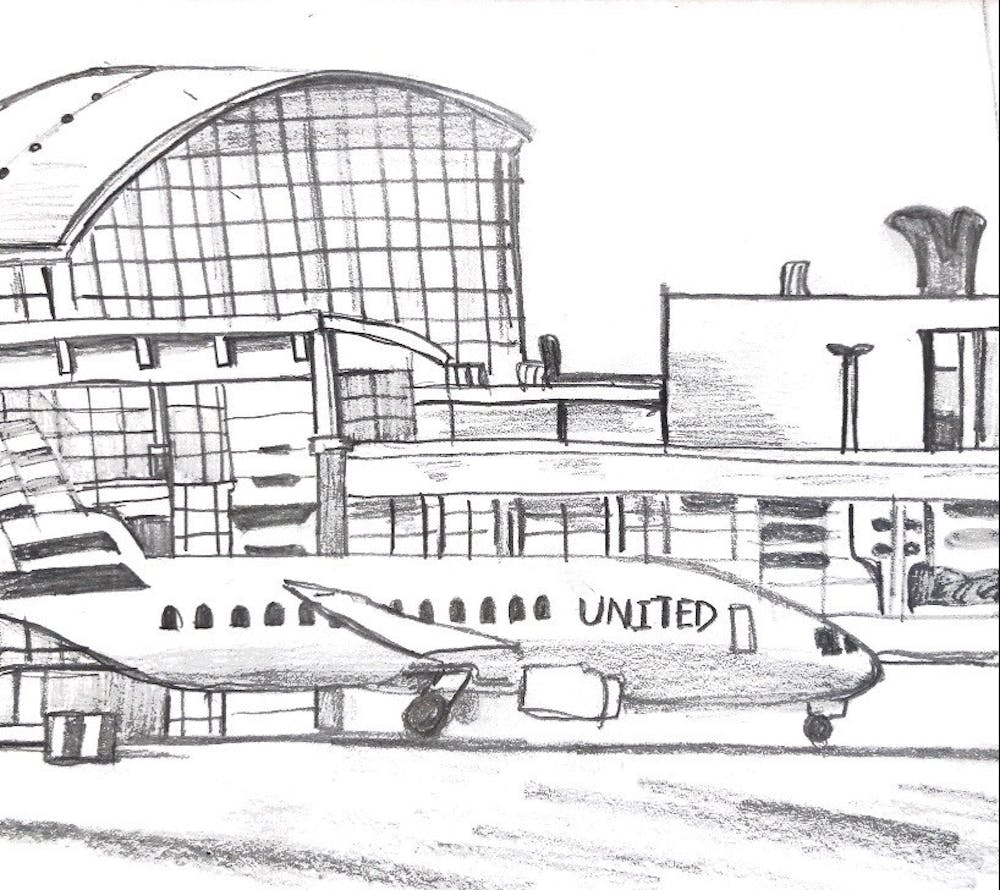Rhode Island Transportation Security Administration workers made it through a tough holiday season at Theodore Francis Green International Airport thanks to high employee attendance and community support.
The partial government shutdown ended Jan. 25, and federal workers receive back pay this week, according to the Washington Post.
“I am extremely proud of how (our TSA) employees responded (to the shutdown),” said R.I. TSA Federal Security Director Daniel Burche.
Burche described the airport’s function during the shutdown as “operationally normal,” explaining that work attendance was higher than he experienced in past holiday seasons.
“With maybe one exception, I had less call-outs than I would have normally expected. … We had people coming in for work who were literally so sick we asked them to go home,” Burche said.
The community rallied in support of TSA workers during the partial shutdown, when they had to work without pay, according to Burche.
Workers received “tremendous public support,” including gifts of baby formula and diapers, assistance from public utilities and banks and surprise pizza deliveries, Burche said.
“All of that recognition goes a long way to helping people stay focused on the job and not worry about anything,” he added.
If a deal to end the partial government shutdown had not been reached, Burche worried the negative impact on workers would have been worse: “In the grand scheme of things, we’re paid to keep an eye on the ball. External stress, or unnecessary stress is certainly nothing that I want to see.”
While the shutdown has ended temporarily, its magnitude has brought attention to the widespread effects of government closure. Before Congress and President Donald Trump agreed to reopen the government, many federal workers, including TSA officials, struggled to make ends meet.
“The impact (of the shutdown) is a majority of Federal officers had to go to food banks to get food to put on the table, to support not only themselves but their families and children,” said Paul Feragne, president of the local chapter of the American Federation of Government Employees, which covers parts of New England and represents federal workers at T.F. Green. He added that other sources of stress during the shutdown included fears of health insurance cancellations, eviction and missing payments on their credit cards, loans and cars.
Elected officials also sympathized with the unpaid TSA employees at T.F. Green.
“They’re angry,” Rep. David Cicilline (D-1) wrote in an email to The Herald. “This took a toll on them. None of us would want our boss to tell us to show up for work for 35 days without a paycheck. These are working people who have bills to pay.”
Cicilline wrote there was “no question” the shutdown had a potential impact on airport security. “None of us are safer because an air traffic controller is distracted by the thought that he can’t pay rent. We’re all more at risk when a TSA worker is worried about her credit bill while she’s supposed to be screening passengers,” he wrote.
For the future, Cicilline wrote that he plans to co-sponsor legislation to avoid a similar situation.
Despite the hardships faced by TSA workers, the shutdown may have created a greater appreciation for what they do.
“We’ve probably been thanked more in the last 35 days than in the past 15 years,” Burche said.





